
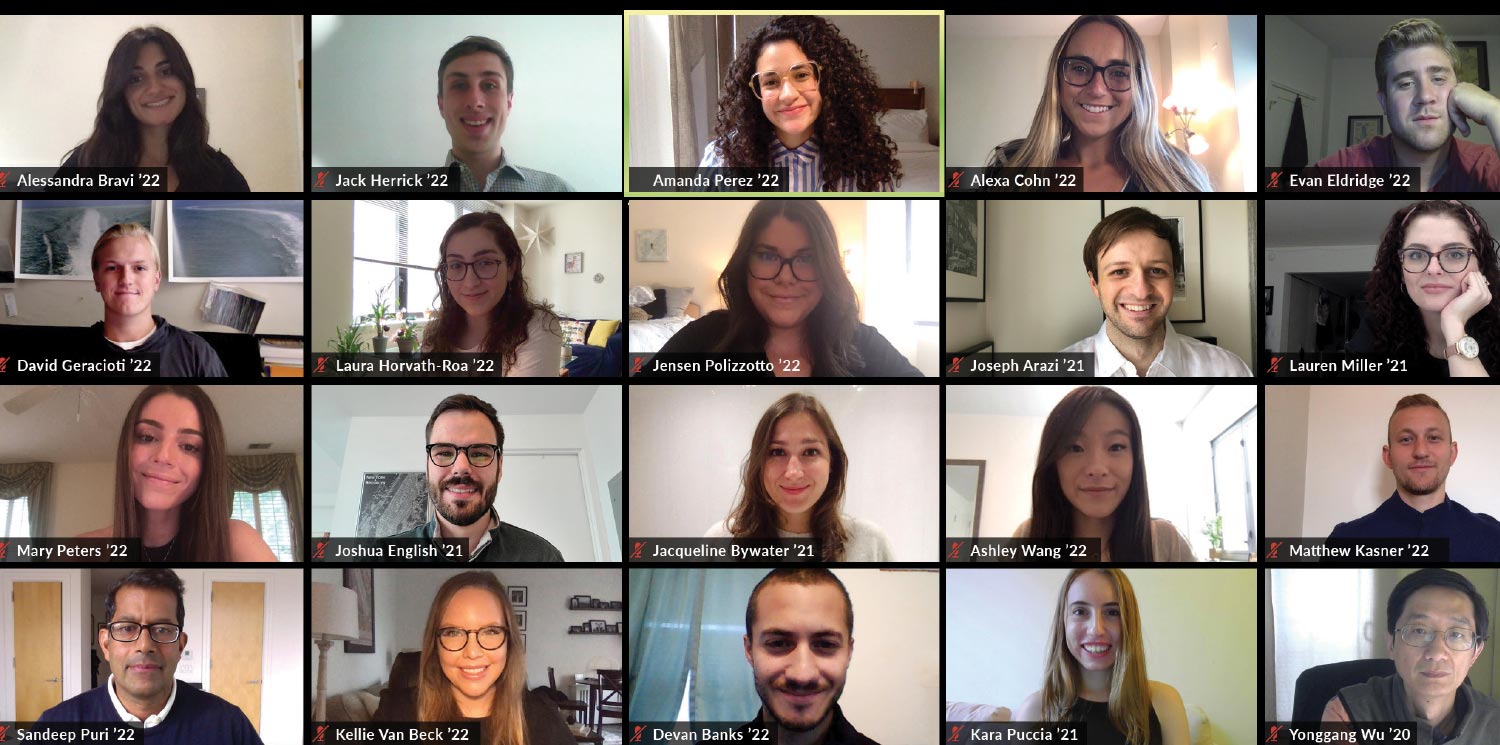
“Brooklyn Law School is well known throughout the legal community for training lawyers who are ready to practice on ‘day one’ of their legal careers,” said Dean Michael T. Cahill. “That reputation is a testament to the vision and focus of our clinical faculty and the drive and sense of purpose of our students. I have no doubt that with our continued investment as a community, for the next 50 years, that reputation will only grow.”
Kotkin knew the clinical program could help meet the need caused by this gap in service. By June, she had rallied students and administrators to launch the Pandemic Employment Relief Clinic (PERC). Through this innovative program, 100 students served more than 700 clients, including out-of-work drivers for ride-hailing apps, restaurant workers, film and theater actors, and many others, helping them navigate the unemployment insurance system.
PERC was kicked off with a two-day virtual bootcamp in which Kotkin taught the basics of unemployment insurance law and explained new opportunities created by the federal CARES Act. Guest speakers addressed issues related to family leave and disability discrimination.
To get the word out to potential clients, the clinic’s teaching assistants posted an offer for free legal services on social media channels, including Twitter and Facebook, which garnered hundreds of responses from individuals needing assistance with unemployment benefits hearings.
“Twitter was flooded with frustrated New Yorkers waiting for benefits,” said Jamie Levitt ’21. “We tweeted at New York unions, the New York Department of Labor, and Brooklyn Law School alumni in New York with large followings, who helped us get the word out about PERC.”
“The response from both students and clients exceeded my expectations,” said Kotkin. “I think the students felt good about helping people. They gained new skills, and they gained a lot of empathy.”
“This clinic experience completely changed my career focus,” said Amanda Perez ’22, a student who participated in PERC. “Helping people secure their due benefits, when they felt they would never hear back from the Department of Labor, made me realize I want to work in a client-focused field serving the public interest.”
“The traditional clinic defense model,” said Mogulescu, a former public defender, “is to have students work on an array of misdemeanors, but not to necessarily specialize in a particular charge or area of practice. Building a project focused in this way allows students to develop deep expertise while filling a very critical need for representation.”
In January and February, 13 students involved in the spring clinic worked on eight resentencing cases for clients in state prisons. The students had the chance to go into prisons to interview incarcerated survivors before COVID-19 prevented travel.
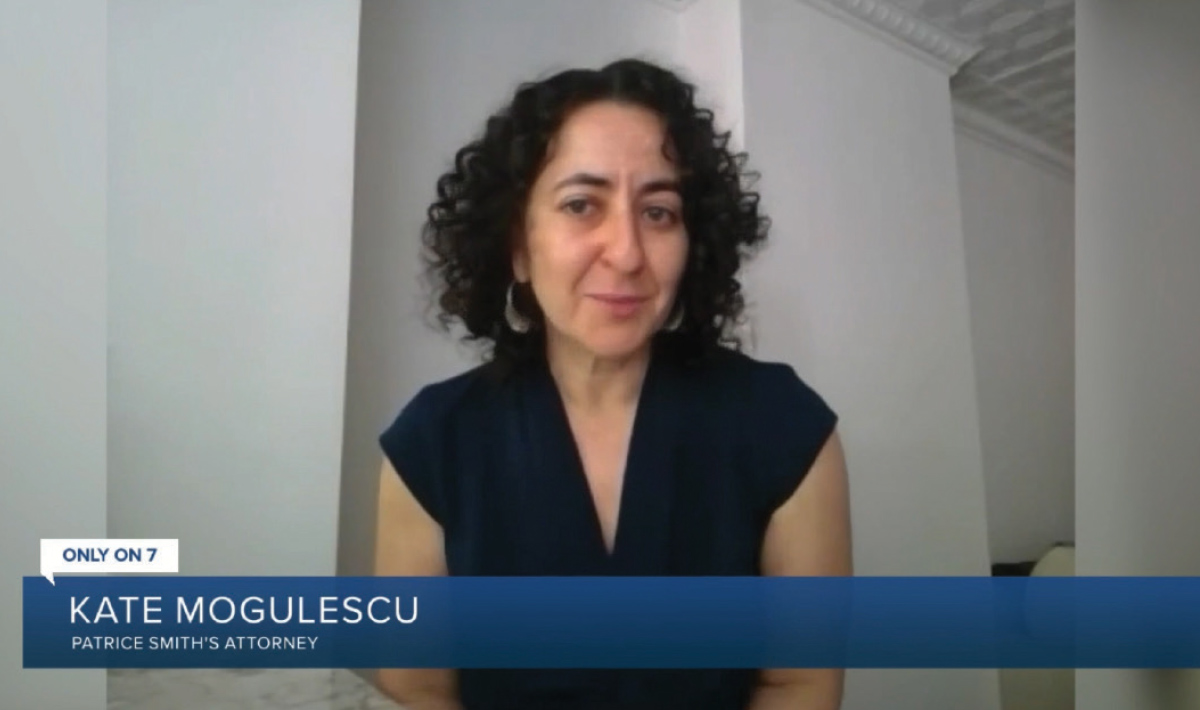
Thanks to Vilensky, and the clinic’s ongoing work, that client’s motion was granted in August and he was released.
The program recently expanded its reach from counties near the Law School to serve clients incarcerated across the state. For example, over the summer, students petitioned for a resentencing hearing for a client serving a life sentence at Albion Correctional Facility in Orleans County. In 1999, at the age of 16, the client was prosecuted in Buffalo and convicted for the murder of a 71-year-old reverend who had been paying her for sex for nearly a year, asking her to recruit other teenagers for commercial sex, and threatening to tell her father about their “relationship” if she did not continue to submit to his abuse.
In September, a judge in Erie County granted the clinic’s resentencing application, the first time one was granted over the prosecutor’s objection and the first involving a murder conviction of an individual serving a life sentence. The work of the Law School’s students, and the SJP, helped gain her freedom after nearly 22 years in prison.
In addition to managing their caseloads, students worked with CUNY graduate students to build a robust database to track 487 incarcerated individuals who might be eligible for resentencing. Students subsequently filed emergency clemency petitions and applications for medical parole for those who were at greater risk for contracting COVID-19.
“Virtual courtrooms and remote interactions with clients are becoming common practice,” said Mia Guthart ’21 of the challenges and rewards of the clinic’s work this year. “Learning to connect with and advocate for clients through remote methods, such as phone interviews or email, has improved my ability to communicate and connect with people.”
“When an adult with intellectual disabilities is under the guardianship of another adult, their legal rights are handed over to somebody else,” said Professor Prianka Nair, codirector of the clinic. “That other person, often a parent, makes decisions on their behalf. In other words, the disabled person doesn’t exist in the eyes of the law. Our work focuses on changing that.”
Over the past year, Nair and her codirector, Professor Sarah Lorr, have strengthened their advocacy work in three critical areas of individual rights cases: on behalf of adults under guardianship, on behalf of incarcerated individuals, and on behalf of parents in the child welfare system who are not granted appropriate support to reunify with their children. The clinic also works at the federal level through policy briefs and amicus briefs in front of the courts.
In one such case in October, the clinic successfully advocated for a young mother to have her guardianship removed. Aided by petitions from many different people in their client’s life, the clinic was able to show that she was capable of parenting her child on her own.
“It feels like a real victory,” said Lorr. “Our client got her identity back. It goes to show how abused the guardianship laws are for people with intellectual and developmental disabilities. Here is a woman who could parent her own child, and yet was still considered incapacitated under our law.”
“As we realize how many of our systems are profoundly racist and ableist,” said Nair, “my hope is that radical action will help remake these institutions.
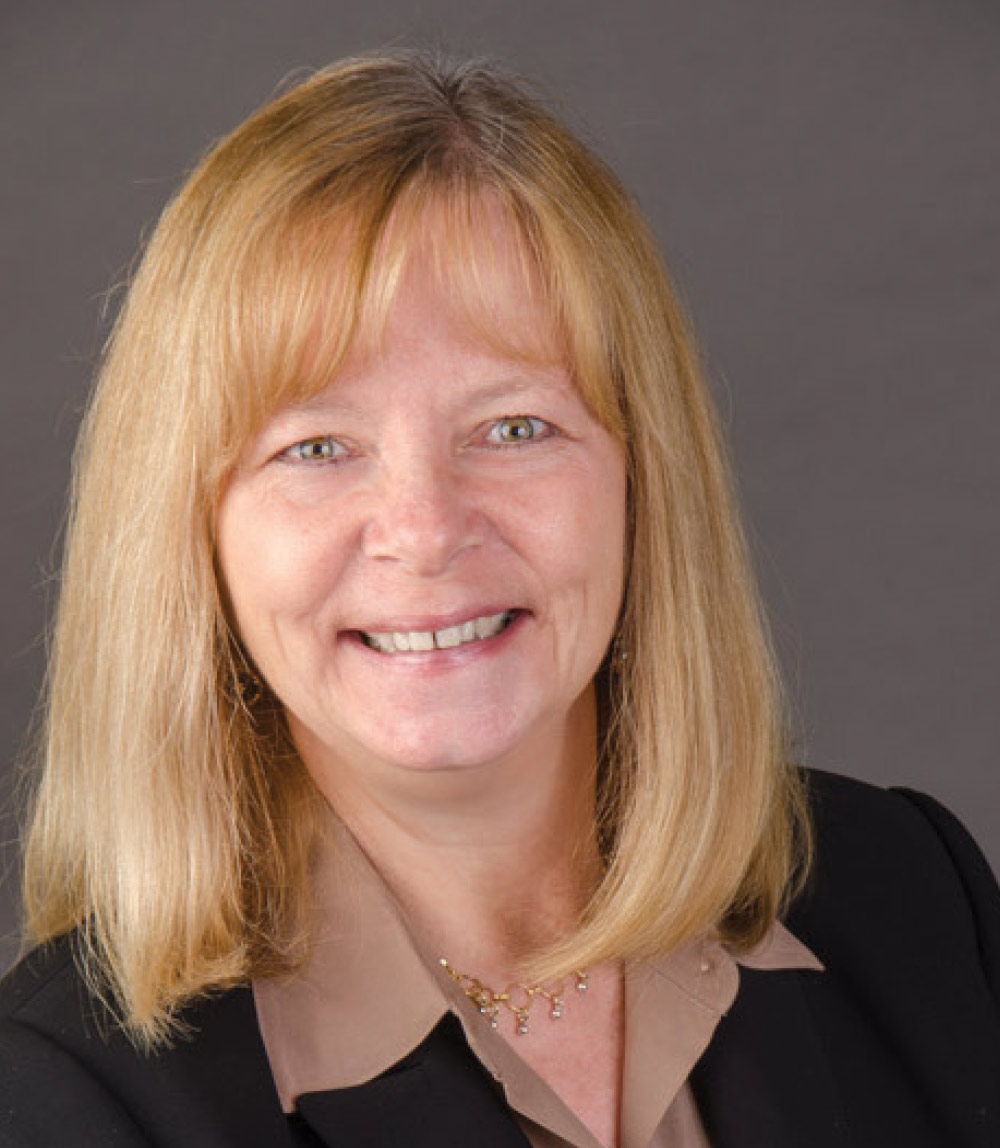
Professor Debra Bechtel started inviting students to help her represent low-income co-op boards in the early 1990s, and she officially launched her clinic at Brooklyn Law School in 1997. Today, the Corporate and Real Estate Clinic is a major draw for students because it offers them an opportunity to learn the nuts and bolts of real estate practice while also preserving affordable housing.
“Our students learn how to do closings and practice many other basic real estate transaction tasks,” said Bechtel. “Employers like that our graduates can hit the ground running. And at the same time, we’re helping low-income people to resist displacement and build wealth through equity in their homes. As more and more inequities surface throughout the pandemic, the importance of this work increases. I expect we’re going to see a new sense of urgency in coming years about preserving affordable housing and making sure that it benefits those most in need.”
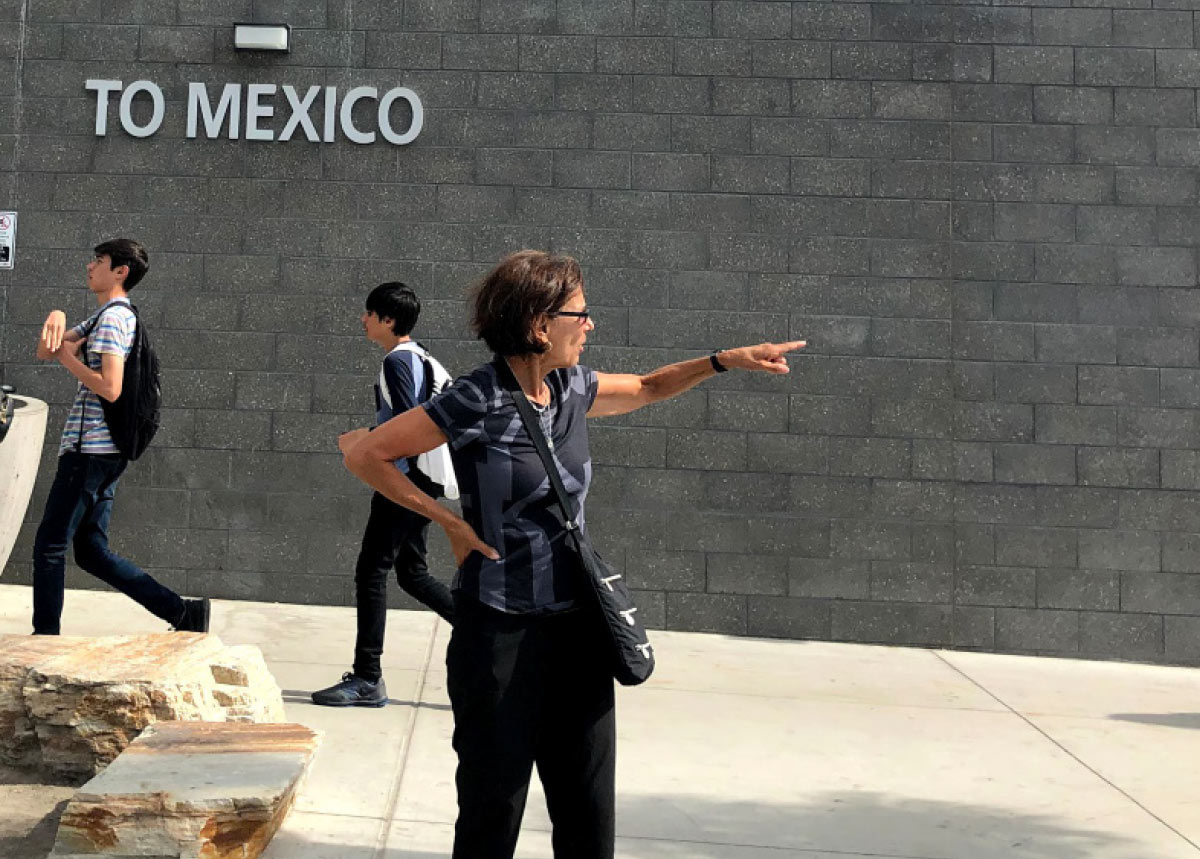
Through 23 years, 300 clients, and 700 students, the Safe Harbor Clinic has ensured the safety of clients fleeing some of the most horrible places and gruesome mistreatment imaginable. Its work continues, notwithstanding the almost total shutdown of the immigration system during the COVID-19 pandemic and the continuing difficulties caused by changes in immigration policy by the Trump administration.
“I worked with Professor Caplow on an asylum case for a Sudanese client who escaped persecution by traveling on foot and by boat to the U.S.,” said Stacy Dieve ’99, now strategic trade manager at Cisco Systems. “It felt like fate that he found his way to the Safe Harbor Clinic to become one of the clinic’s first-ever clients. I graduated before the case finished, but when Professor Caplow called me to share the good news that our client had been granted asylum, I screamed for joy so loudly that many of my work peers ran into my office to find out what the commotion was about!”
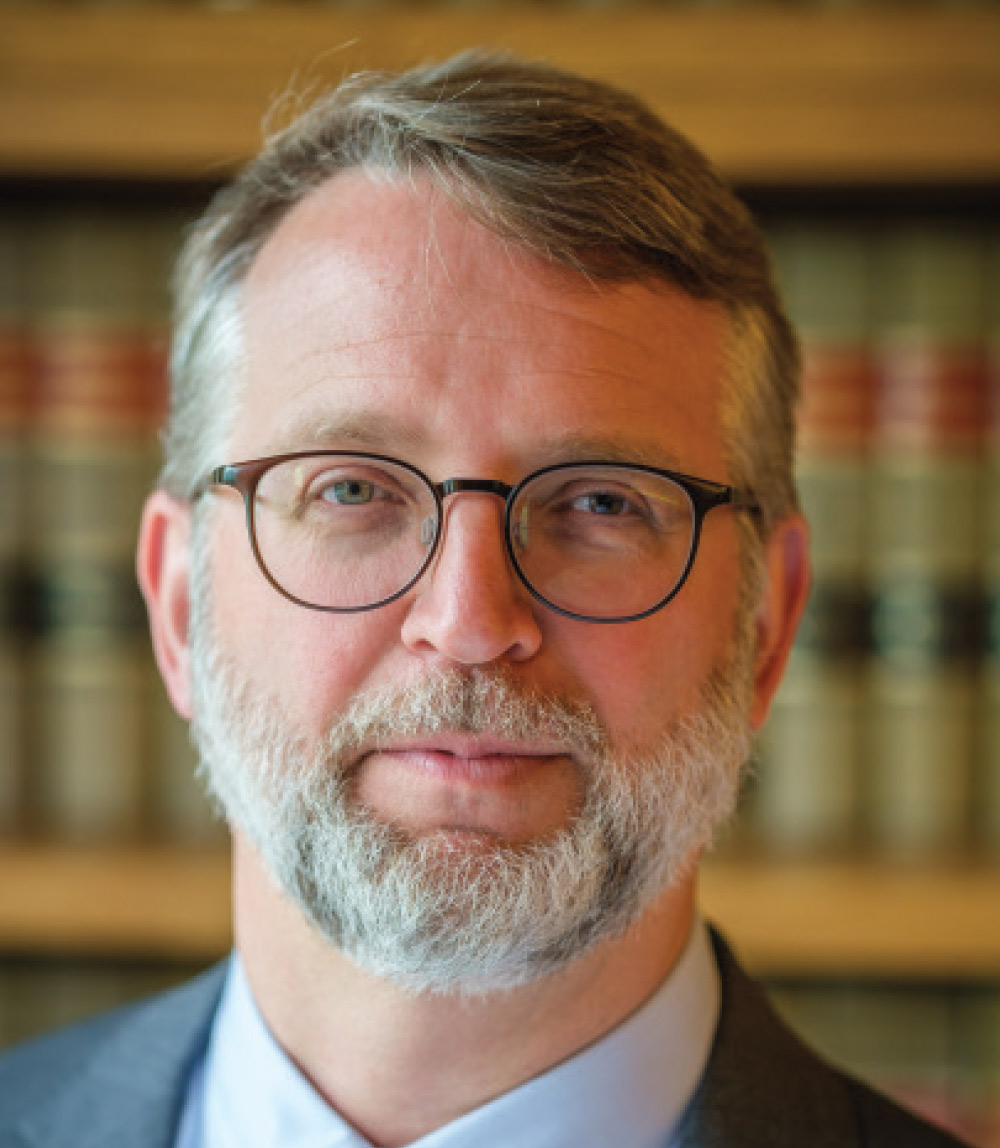
“Brooklyn Law School has a transactional clinical program that’s second to none,” said Professor David Reiss, founder and director of the Community Development Clinic, which offers students a variety of opportunities to work with community organizations throughout Brooklyn. Clients typically include not-for-profits, tech startups, and low-income housing cooperatives. The clinic offers students myriad opportunities to learn practical skills they’ll use on the job.
“With remote or virtual interactions,” he said, “we have an opportunity to think and act like sophisticated global lawyers. As we’re on Zoom calls, collaboratively drafting documents across various time zones and coordinating everything with case management software, our students are really starting to work like members of an international law firm.”
“The creation of our clinic speaks to the Law School’s commitment to include and celebrate the contributions of the LGBTQ+ community, while continuing to work to dismantle the heterosexism, homophobia, and transphobia that many members of our community are still struggling with,” said Professor Susan Hazeldean, who founded the clinic.
Students in the clinic represent LGBTQ+ individuals in a variety of civil legal matters, such as obtaining legal name changes and changing gender markers on identity documents for transgender clients, filing adoption petitions for LGBTQ+ parents seeking a legal relationship with their children, defending immigrants facing deportation to countries where they would face homophobic persecution, and much more. Notably, two years ago, the clinic won a landmark $100,000 settlement for a transgender woman who was raped by a fellow prisoner in a men’s maximum-security prison.
Hazeldean commends her students’ commitment to working tirelessly to serve clients whose need for services has only increased this year.
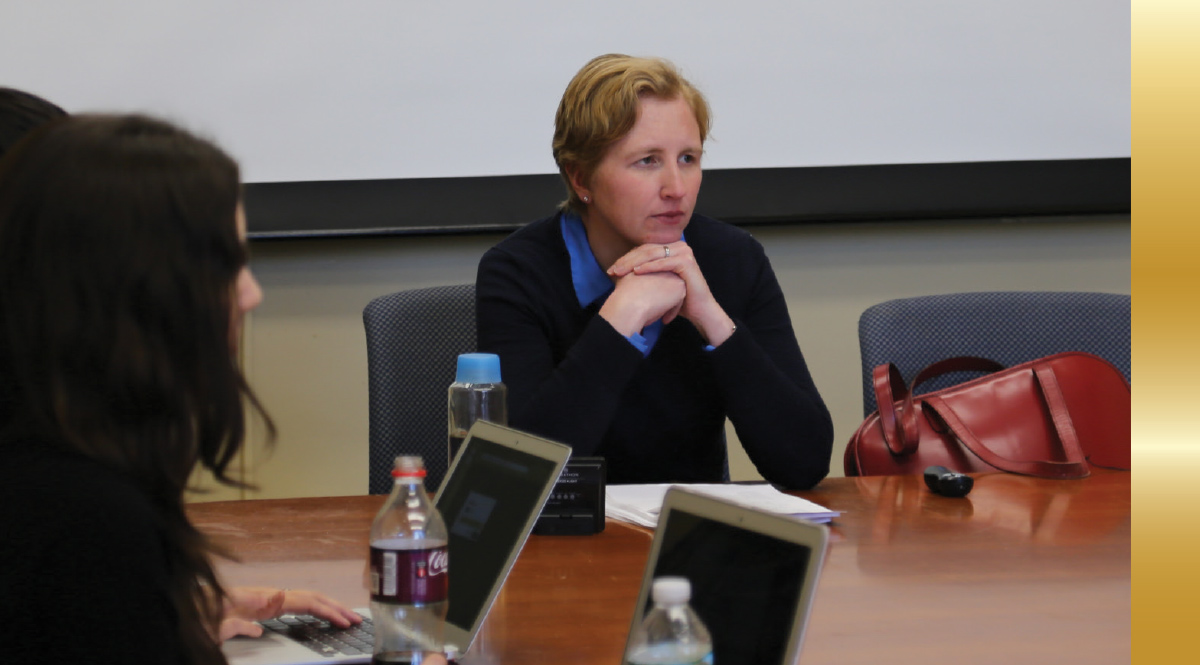
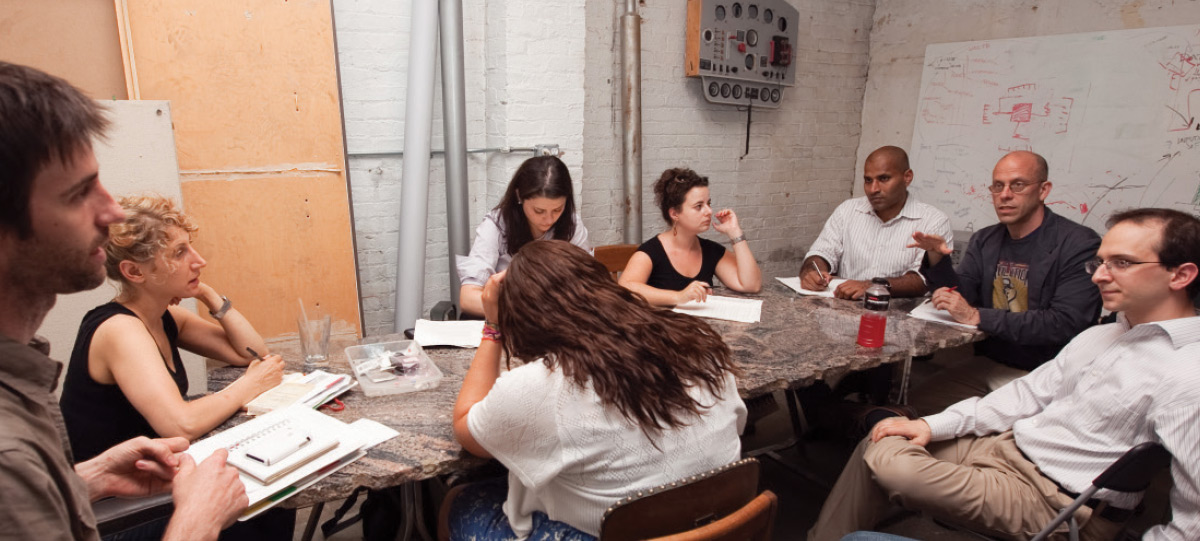
In addition to managing client cases virtually, the LGBT Advocacy Clinic will spearhead a public education campaign to help inform more people about the Child-Parent Security Act, which the New York State legislature passed in the spring. The new law permits gestational surrogacy with significant safeguards, and recognizes people who conceive children through surrogacy, donor eggs or sperm, or other forms of assisted reproduction as legal parents at the birth of their child, rather than requiring them to go through a costly adoption process. The clinic plans to educate the public on the new law via a webinar and a social media campaign.
For Clint Carlisle ’20, the clinic was an inspiration to continue this work throughout his career. He and his clinic partner worked 40-plus hours each week for a month to prepare their client, who had fled anti-gay persecution in his native Honduras, for his immigration hearing.
“I will never forget watching our client’s face as the judge granted him asylum,” said Carlisle. “This experience reminded me why I wanted to be a lawyer, and will motivate me to take on other immigration cases throughout my career.”
Carlisle will soon join Fried, Frank, Harris, Shriver & Jacobson as an associate. He was drawn to the firm because of its robust pro bono practice.
“The incredible need right now and the constraints that we’re operating under are certainly forcing all legal service providers to get creative,” said Hazeldean. “My hope is that out of this horrific situation, some good change will come, and I think our graduates are the ones who can make that change happen.”
“In the spring, we decided to pivot and primarily work with clients on matters related to the pandemic,” said Askin. “We asked ourselves, ‘What can young, forward-looking lawyers do to play a meaningful role in a pandemic and after?’”
Students initially worked on clearing compliance and regulatory hurdles to expedite medical equipment and supplies to hospitals, and worked on projects to build greater capacity for home-testing capabilities. Throughout the summer, clinic students also provided legal support to a team at the Massachusetts Institute of Technology building an encrypted contact tracing app.

“[BlipPod] gave me and my fellow students the opportunity to lead conversations with very interesting people, and build content-creation and networking skills,” said Bazzi.
In addition, BLIP built out its new Justice Lab, where students can learn to create software applications that help deliver legal services to people in need. The Justice Lab creates, maintains, and extends apps that increase the accessibility, efficiency, and effectiveness of legal guidance and services.
“The clinic helped me understand that the law is constantly evolving,” said Bazzi. “Because we work with entrepreneurs who are often innovating into new frontiers like blockchain technology and artificial intelligence, it gives us the opportunity to explore new areas and in turn shape how policy is implemented.”
“Participating in a clinic demystifies the practice of law,” said Askin. “Students get really cool stories to tell their future employers and they build connections. More important, I think, they feel useful.”
“I was feeling scared in March and April,” said Jane Brennan ’20, who participated in the Criminal Defense and Advocacy Clinic in the spring before receiving a fellowship from Harvard to continue working with the clinic in the summer. “We were reaching out to people who were incarcerated, hearing about their conditions inside and their own reflections on what was happening. But it felt grounding to be able to do something—working through a case, contextualizing the circumstances of a case, and getting to know our clients holistically. I really learned the power of asking questions and listening to people.”
Like thousands of clinic students before her, Brennan developed the critical thinking and problem-solving skills essential to being an effective lawyer and the resilience necessary to vigorously pursue justice and work on behalf of clients during challenging times.
“I think the clinic experiences renewed their feelings about being a lawyer,” said Kotkin. “Their confidence. Their enthusiasm. Their altruism.”
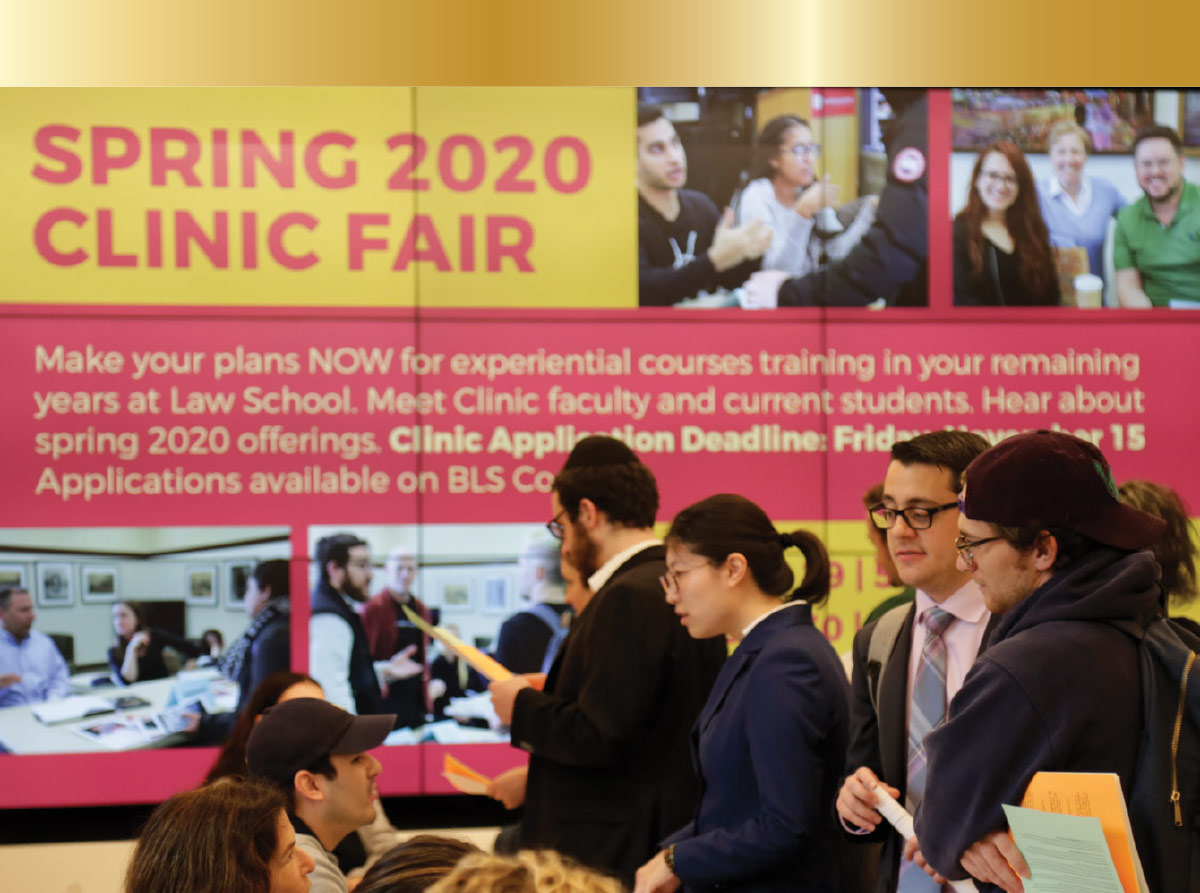
WWW.BROOKLAW.EDU/CLINICS